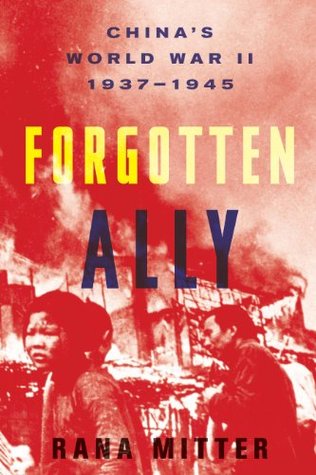Even if there was no meticulous plan for the massacre in Nanjing, the wider ideological clash between Japan and China was a central cause of the tragedy. Japanese Pan-Asianism had metamorphosed in the decades between 1900 and the 1930s, and the Japanese were seized with a sincere, if deluded, belief that they had a duty to lead their Asian neighbors, including China, in a journey of liberation from Western imperialism. The notion that China might have developed its own vision of nationalism, in which Japan was as much an aggressor as the West, did not fit into the worldview of the invaders.
...more
Welcome back. Just a moment while we sign you in to your Goodreads account.


